The Obscure Life of the Grand Duke of Corsica: An interview with Matt Hookings, star and founder of Camelot Films
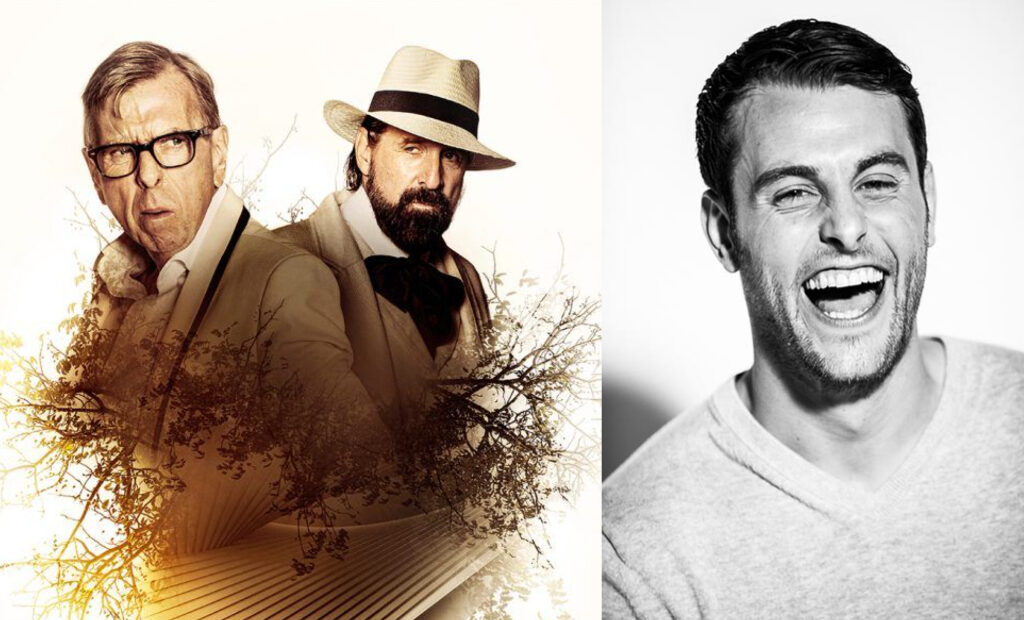
Matt Hookings is an actor, producer, writer and founder of London-based production company Camelot Films. He recently produced and acted in The Obscure Life of the Grand Duke of Corsica (the story of an architect – Timothy Spall – who is commissioned by an eccentric billionaire – Peter Stormare – to design his own mausoleum), playing Saint Francis of Assisi and Leos, an actor himself playing Francis. The Upcoming had the chance to hear his thoughts about the film and the industry.
What about the script of The Obscure Life of the Grand Duke of Corsica stood out to you?
The script was great, the script was really good. The film itself was toned down slightly, but the script was very poetic and direct, and in your face, and funny and candid – all those wonderful things that you want a script to be – so it jumped out. It’s also a multi-narrative story, and the way that Daniel [Graham, the screenwriter] connected each string of the characters in the story was really impressive, especially on the page. It was actually much more challenging to bring it to life and connect on screen than it was on the page because he did such a good job.
Would you say that Camelot Films has any sort of cinematic identity? If so, what is it?
No, I think I made a decision a long time ago to just gravitate towards making stuff and investing in stuff that’s just good. It doesn’t necessarily have to have a certain genre or a cinematic appeal. There are certain things that personally I’m attracted to, and certain things that I’m less attracted to, but that doesn’t mean to say that if I’m not a massive fan of horror films, I wouldn’t make a horror film.
It’s all about the script – the script is the blueprint, the foundation. If the script is good, then you can build so much onto that. And if there is a vision and theme and genre already in place off the back of the script, then it’s already making your job easier, because it’s all there.
I am gravitating towards true stories with the next couple of things that we’ve got lined up, and we’re really going to try and connect with people in that sense, but we don’t have the mindset of “right, this is this is the only kind of genre or focus that we’re making”, no.
How has your experience on Hollywood productions influenced the way you work on an independent level?
I think it’s influenced everything! I remember being on quite a few big sets, when I used to do stunts and small parts in some of the bigger productions, and I remember analysing every aspect of each department in each area and thinking, “God, they’ve got 100 million, but the script or the story or something just doesn’t feel right.”
You want to try and apply these experiences as best you can to an independent world, but obviously it’s so much tougher because you don’t have the freedom of time and you don’t have the freedom of money. So, you’ve got to be even tougher on yourself to get everything right. And again, it goes back to the story, the script: if you get that right, you’ll bring in a great cast, and you’ll hopefully bring in the money.
I remember a couple of months ago, I was looking back on some of the short films I did myself on some old hard drives. I thought at the time that they were just silly, just me messing around, but the experiences and the knowledge that you learn from doing those just carry through to you.
For your role as Francis of Assisi, you researched the man and the time period he lived in. What was the most interesting thing you discovered? And how did that affect the way you played the character?
Francis was a very interesting character to play because I’m playing a historical character that people can research and know about, and, at the same time, I’m playing an actor who’s playing him. I actually try not to think about it too much, because even just saying what I just did then can confuse people!
So I thought, “Let’s not overthink this, let’s play the actor quite funny, and a bit silly. And let’s try and convince the audience that I’m St Francis of Assisi before the reveal happens.” I did do a bit of research because I wanted to understand his life, and the changes in his life. He was someone who was born in excess, and then started this process of rebirth in becoming a saint – that was the biggest aspect that I drew on, because that made sense for the whole story.
You’ve got to try not to get too bogged down in your character, and think more about how your performance impacts the whole film, because the whole film is bigger than one particular character. The film has a lot of themes of death and rebirth, so I thought, “I’ll go with that.” But the research was interesting. And it was exciting to play!
You’ve mentioned you play both Francis and Leos, an actor who plays Francis in a movie. What was it like playing these two very different characters?
If you include the producing, that’s a third role! It was, again, going back to all the experiences of doing short films that that allowed me to be able to step into the role of the actor, and then step outside and be the producer.
Another aspect of my performance was keeping the two characters really separate. Like I said earlier, I wanted Leos to have a kind of comedic, almost silly kind of side, and I wanted St Francis to be really serious, almost over-the-top serious. It was challenging, but at the same time, because I had a clear idea of both characters, it really separated them. That made it a little bit more organised and easier to play, rather than overcomplicating both roles. I just tried to keep it really simple and play to my strengths in that sense.
What was the most enjoyable part of working on this film? And what would you say was the biggest challenge?
The filming was really fun, the prep and raising the finance was not. That was very stressful.
But the film in itself was fun! Working in Malta was really nice in the summer, and working with Tim [Spall] and Peter [Stormare] was great. And I think soon as I started getting into my character, which was like halfway through the filming, everything just kind of started to come together. I could put my producing hat to one side and just enjoy the experience.
The biggest challenge was taking a very candid arthouse script with a relatively new director and making it come alive, and finding the finance and backers to support it, because films like this just don’t get made in the UK anymore. It just doesn’t happen. If they get made, it’s usually French or Italian cinema, where they have big backing from film institutions, and there’s loads of support, and it’s with well-established directors. But for us, there was a lot of back-and-forth with making that happen. That was the biggest challenge.
An important part of the story is a malaria outbreak, and obviously you had no way of knowing about Covid-19 when you shot in September 2019. Has the virus affected the film’s production, and has the pandemic changed your perceptions of the film in any way?
Yeah, that was a crazy thing, because we shot this just before Covid, and we explored the theme of a rare virus affecting the world. It’s almost funny in a way, because we touch on it in a sort of lighthearted way in the film itself.
It’s good that you mentioned it because I think it should be brought up! We were quite nervous about the film coming out and the reaction that we’d have to it, because we didn’t know whether people would think that we were playing on it, or whether it was done during the pandemic, because Covid is obviously such a divisive issue.
We were in post-production on the film when the pandemic started, and it was very weird to be delivering the film while the pandemic was happening. I’m glad that we waited for the release because we could have pushed it out then, and it may have not been made; it may have not been received in the right way. And I think now the timing is slightly better. Because across the world, people are starting to think, “Right, we know it exists. We know it’s bad. But let’s get our lives back together now and move on.”
I’ve been very lucky; I’ve had a very busy couple of years. I’m currently in Estonia and I’ve just finished the next film that we’ve done with the same director, Daniel, and I went back and I shot a film in Malta after Duke as well. I just decided not to sit at home and wait for it to end, I tried to find films and projects to make, and I suppose capitalise on the effects that Covid had had.
But Covid has caused so many problems that it’s much tougher now to make things, because everything requires a Covid test, and transport to different countries is very different, and very time-consuming. So it has had an effect, I’ve just not let it have enough of an effect to stop me from making films and doing what I love.
What messages, if any, are you hoping the audience will walk away from this film with?
The thing is with this film is – I’ve done films where there was a clear message and a clear target audience and a clear theme – with this, there’s so many ways that people can receive. You could walk out of watching it and think it was a comedy, you could walk out and think, “That was philosophical, and it had these really strong themes of life and death, and rebirth.”
I’m really interested and excited to see people’s reactions to it because I think they’re going to be very different. And I think if you’re really focused on watching this film, you will respond to it in a different way to someone who just wanted to put something on Netflix and relax with a film for an hour.
So I think the audience will react in lots of different ways. And I really hope they do! I really want to create different opinions and I want people to discuss it. I think that’s the best thing that the film could do. Because there’s so many themes, and so many different ways audiences could take them that I couldn’t put a pinpoint on what or how I want the audience to react. I just hope people enjoy it. I hope people understand what went into it. I’m hoping that audience reactions will surprise us. And I hope people enjoy watching Peter and Tim do what they do best!
What part of the film would you say that you’re proudest of?
I think the part of the film I’m really proud of is the way that it looks and the performances, because it feels much bigger than it actually is. And the connection between the characters – there are lots of cool characters in this film – some of them are there throughout, like Tim and Peter, and some just turn up for a couple of minutes and leave, but I think they all leave their marks. I’m really proud of that.
To wrap things up, could you sum up The Obscure Life of the Duke of Corsica in one sentence?
It’s a funny, candid take on life and death in very strange world.
Umar Ali
The Obscure Life of the Grand Duke of Corsica is released nationwide on 17th September 2021.
Read our review of The Obscure Life of the Duke of Corsica here.
Watch the trailer for The Obscure Life of the Grand Duke of Corsica here:

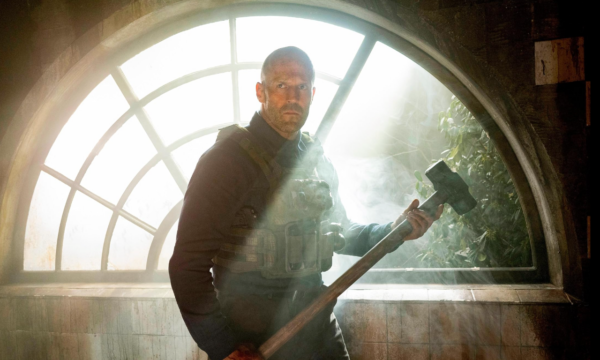
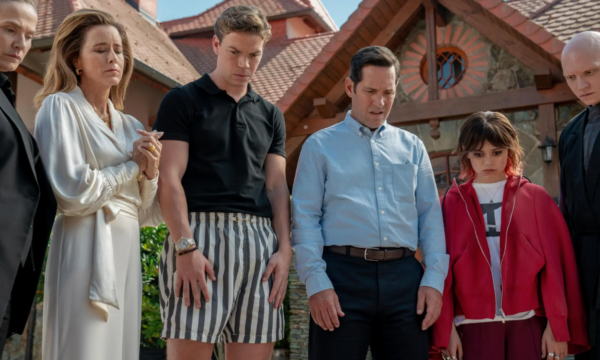
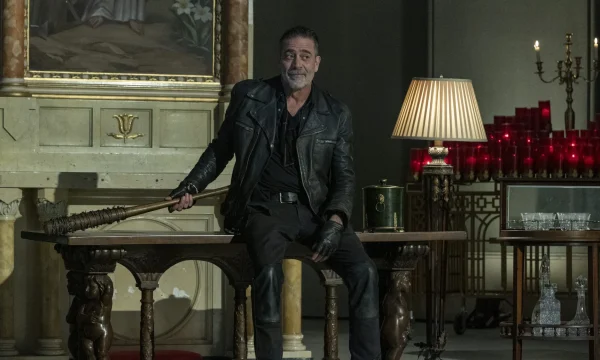
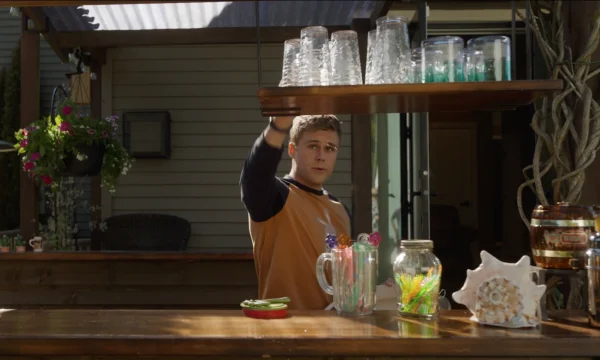
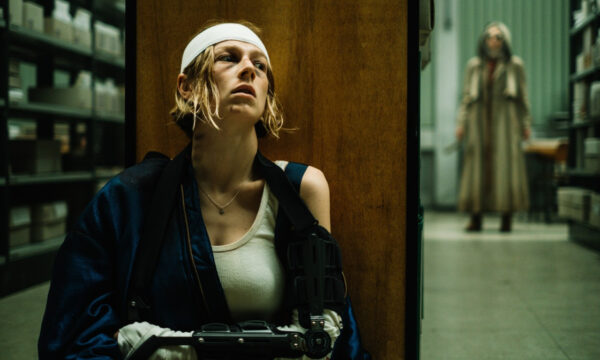
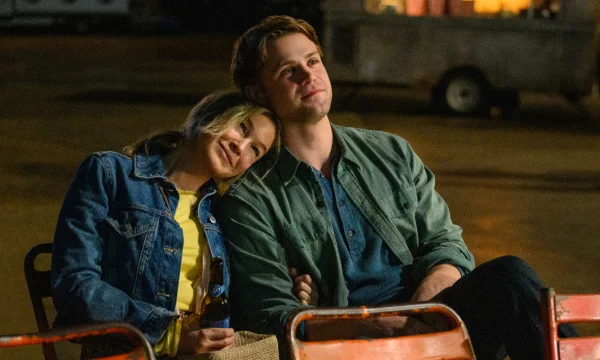
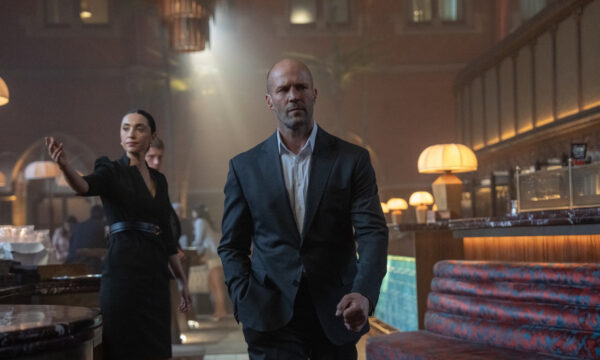
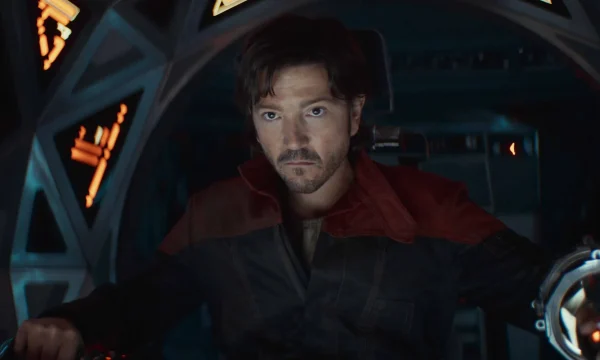
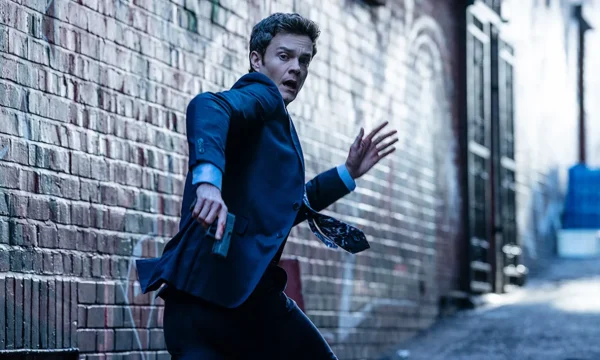
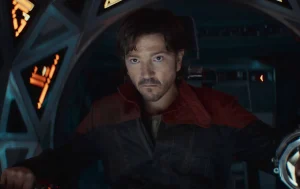

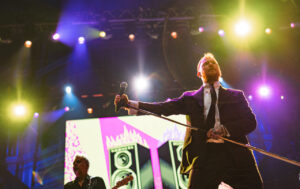







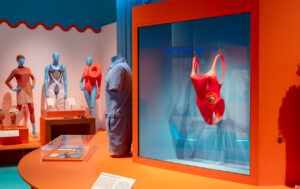
Facebook
Twitter
Instagram
YouTube
RSS